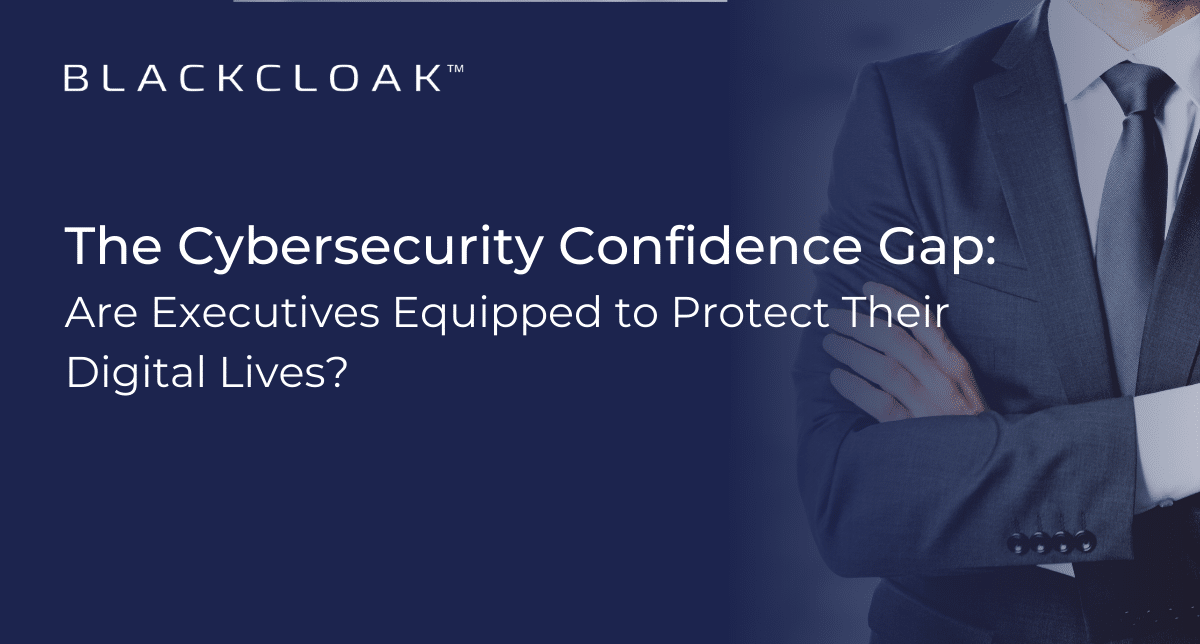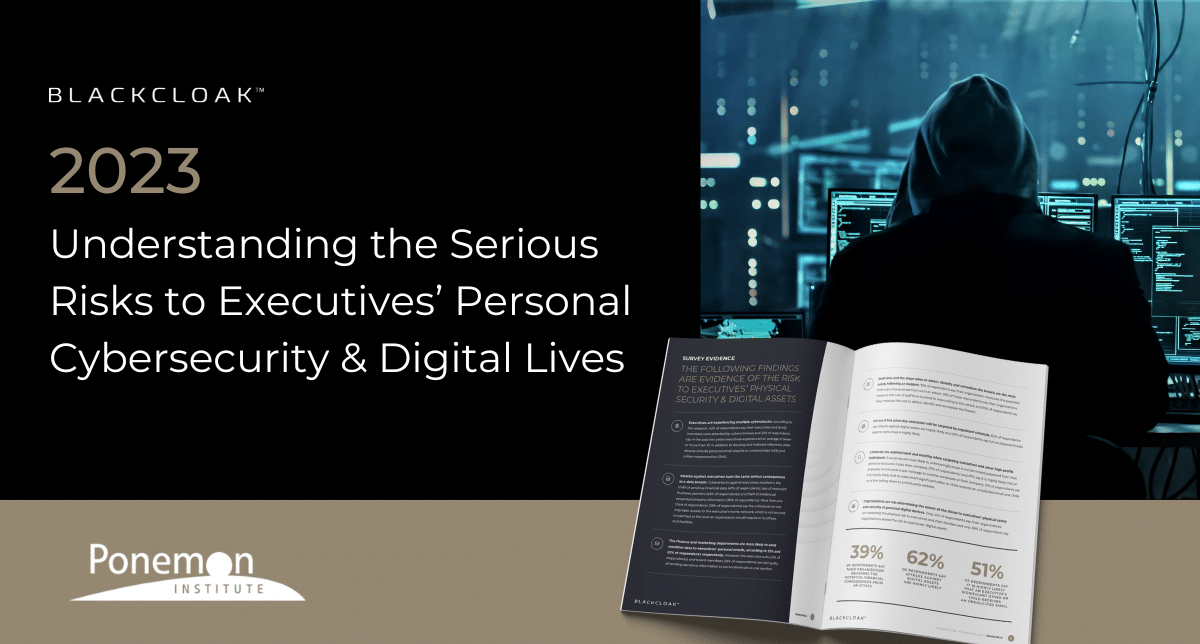The Cybersecurity Confidence Gap: Are Executives Equipped to Protect Their Digital Lives?

Digital technology has brought about unprecedented conveniences and efficiencies, transforming how we work and live. However, this revolution has also introduced a new vulnerability – cyber threats. This threat has not spared any layer of society or any tier of professional hierarchies, including C-Suite executives.
With the rise of remote work due to changes in work culture and recent global circumstances, these executives are increasingly expected to be on-call round the clock. As they carry out their professional responsibilities from home or other remote locations, the lines between their personal and professional digital lives blur, raising questions about their cybersecurity preparedness. Are they adequately equipped to secure their own digital lives and assets? The answer, according to a recent survey, paints a worrying picture.
This survey showed a significant lack of confidence among respondents in the ability of executives to assess and minimize cyber threats. On a scale from one to ten, with one indicating no confidence and ten indicating high confidence, a sizable 33% of respondents rated their confidence in executives’ ability to protect their personal computers as a one or a two. Similarly, 20% of respondents rated their executives’ ability to secure their email accounts in the same low-confidence range.
Several factors may contribute to this dismal confidence score. Executives are typically focused on their core business responsibilities, which may leave little time for them to keep up-to-date with the ever-evolving landscape of cyber threats and protective measures. Furthermore, they may not be fully aware of the gravity of the threat or the potential consequences of a breach, thereby not investing adequately in personal cybersecurity measures.
Another contributing factor is the challenge of maintaining security while working remotely. Home networks and personal devices are usually less secure than corporate networks, making them an easier target for cybercriminals. Moreover, working from multiple remote locations adds another layer of complexity to maintaining consistent cybersecurity practices.
These findings underline an urgent need for organizations to step up their efforts in equipping their executives with the necessary knowledge and tools to secure their digital lives. This could involve regular cybersecurity awareness and training sessions, implementing robust security measures for personal devices used for work, and creating a culture that prioritizes cybersecurity.
Additionally, cybersecurity strategies should consider the unique challenges posed by remote work. This might mean providing secure remote access solutions, encrypting sensitive data, and promoting best practices like using strong, unique passwords and enabling multi-factor authentication.
In conclusion, the current lack of confidence in executives’ ability to secure their digital lives is a wake-up call for organizations. As the boundaries between personal and professional digital lives continue to blur, personal cybersecurity is no longer just a personal issue. It is a business imperative that requires strategic attention and investment. With the right approach, organizations can bolster the confidence in their executives’ cybersecurity preparedness and, in turn, secure their digital future.
To read our full market report, executed by Ponemon Institute, click here.









